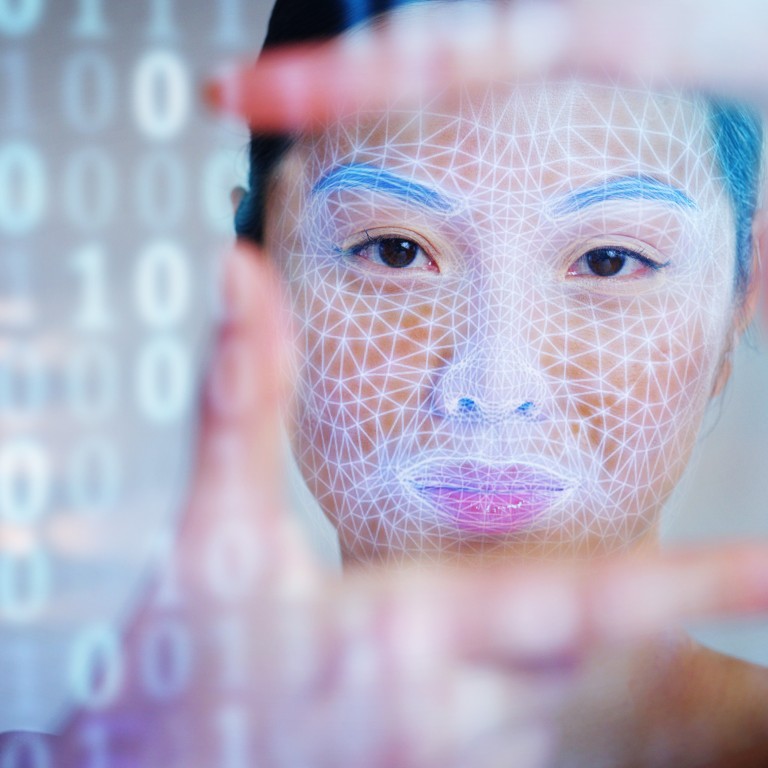
Facial recognition technology needs proper regulation
- The benefits of technology make its adoption an irreversible trend, but governments must ensure that the data is protected and not abused
No country has as many facial recognition cameras as China, a point that Western governments and human rights groups contend leads to abuse of liberties. But the politics, values and culture of one country should never be imposed on another’s. There are many Chinese pleased about the ease with which they can now carry out transactions and the protection brought by surveillance.
Systems are being rolled out wherever real-name identification is required. A new regulation took effect at the start of the month requiring new mobile phone subscribers to have their faces scanned when they sign a new contract with providers, a move authorities claim will fight fraud.
Chinese tech companies said to be shaping UN facial recognition rules
But the technology, based on software that identifies a person by comparing images of their face against a database of records, is so inexpensive that it is being used by gyms, restaurants, supermarkets and amusement parks. Even toilets at tourist attractions have cameras, limiting a user looking into a scanner to toilet paper measuring 60cm to 70cm every nine minutes. The prevalence of cameras has inevitably led to questions now being asked about who has the right to collect and store images and how securely they are being kept. Amid growing pressure, authorities and companies are working on setting standards and drawing up rules.
Facial recognition being used to identify and track people is the biggest concern of the technology in the West. On the mainland, it is about data being stolen or sold to third parties. An academic sued a zoo in Hangzhou in October for changing its season pass admission policy from using a fingerprint to a face scan. The benefits of facial recognition technology make its adoption an irreversible trend. It has a proven use for law enforcement and ensuring security and finding people who have gone missing. The convenience and speed offered are undeniable. But governments everywhere need to properly regulate the organisations and companies that have adopted its use to protect data and rights and prevent abuse.

